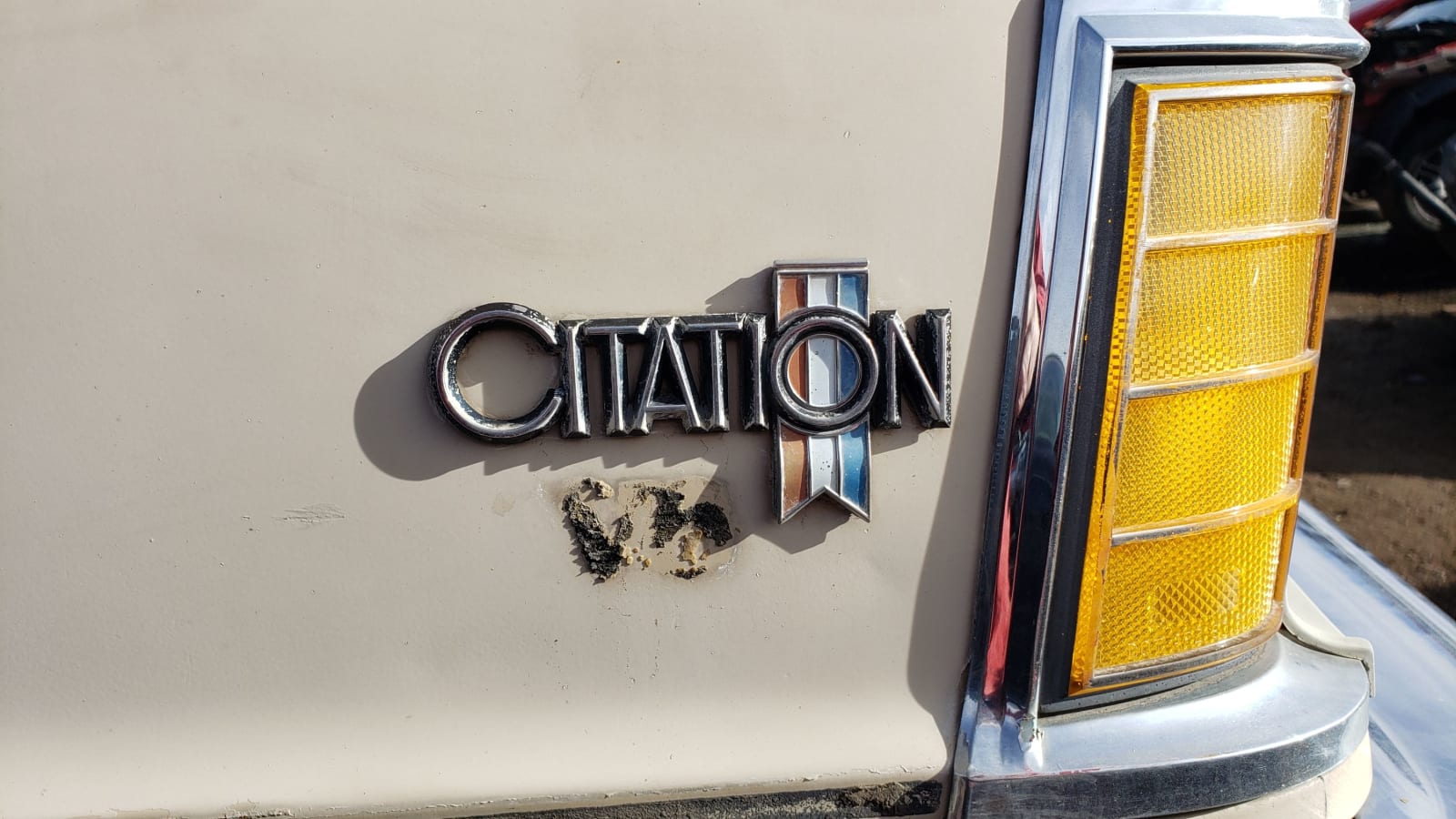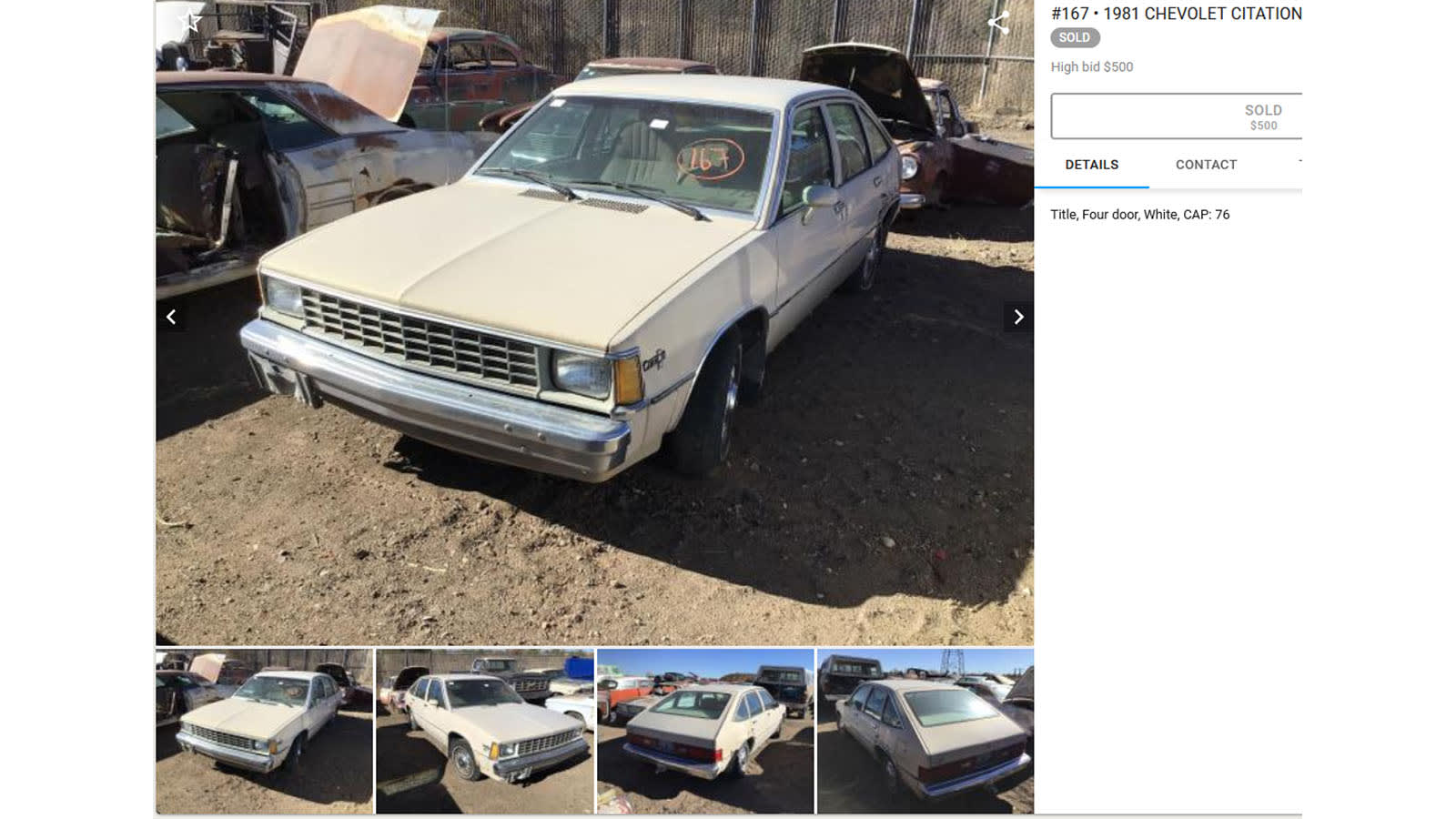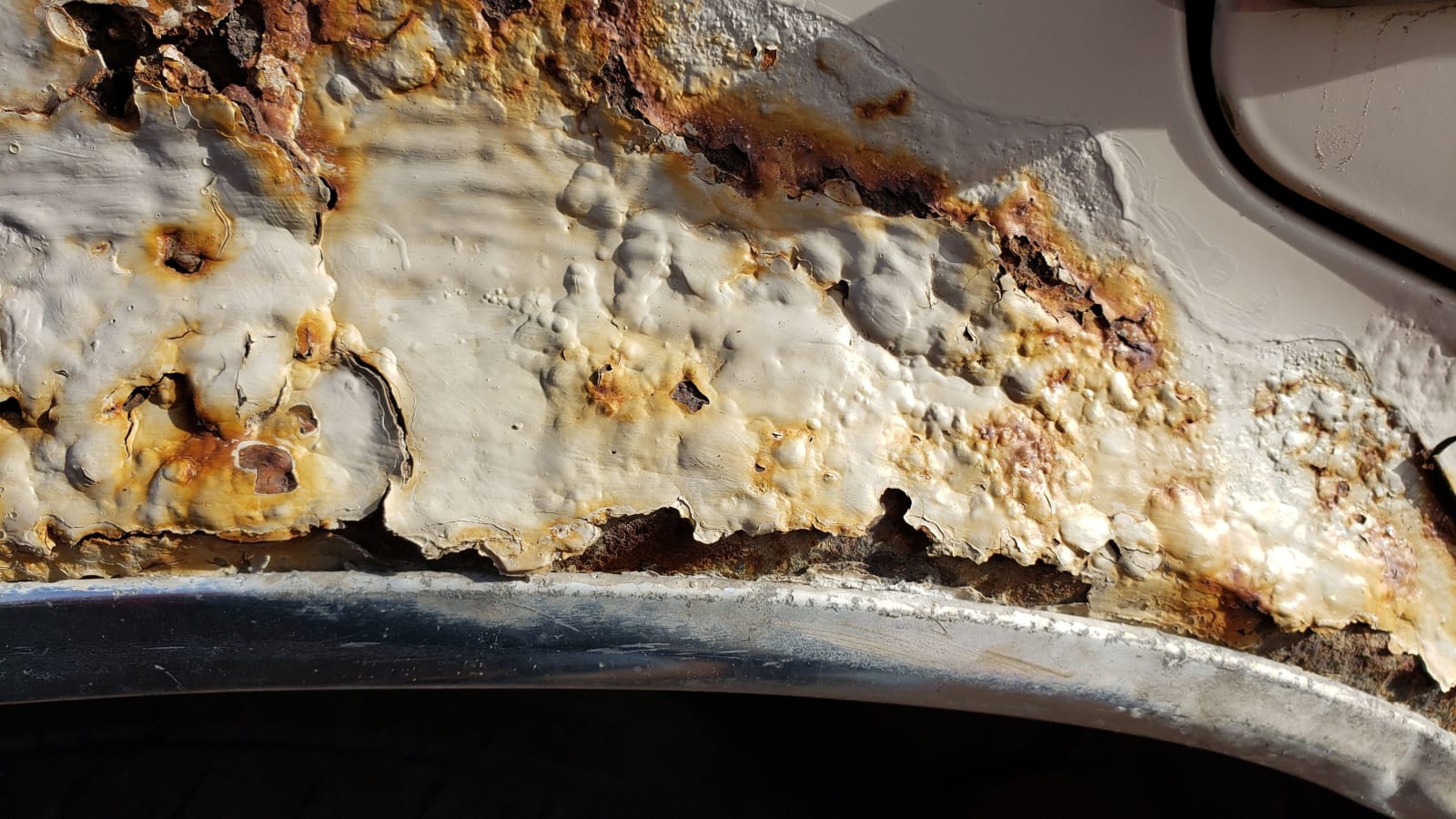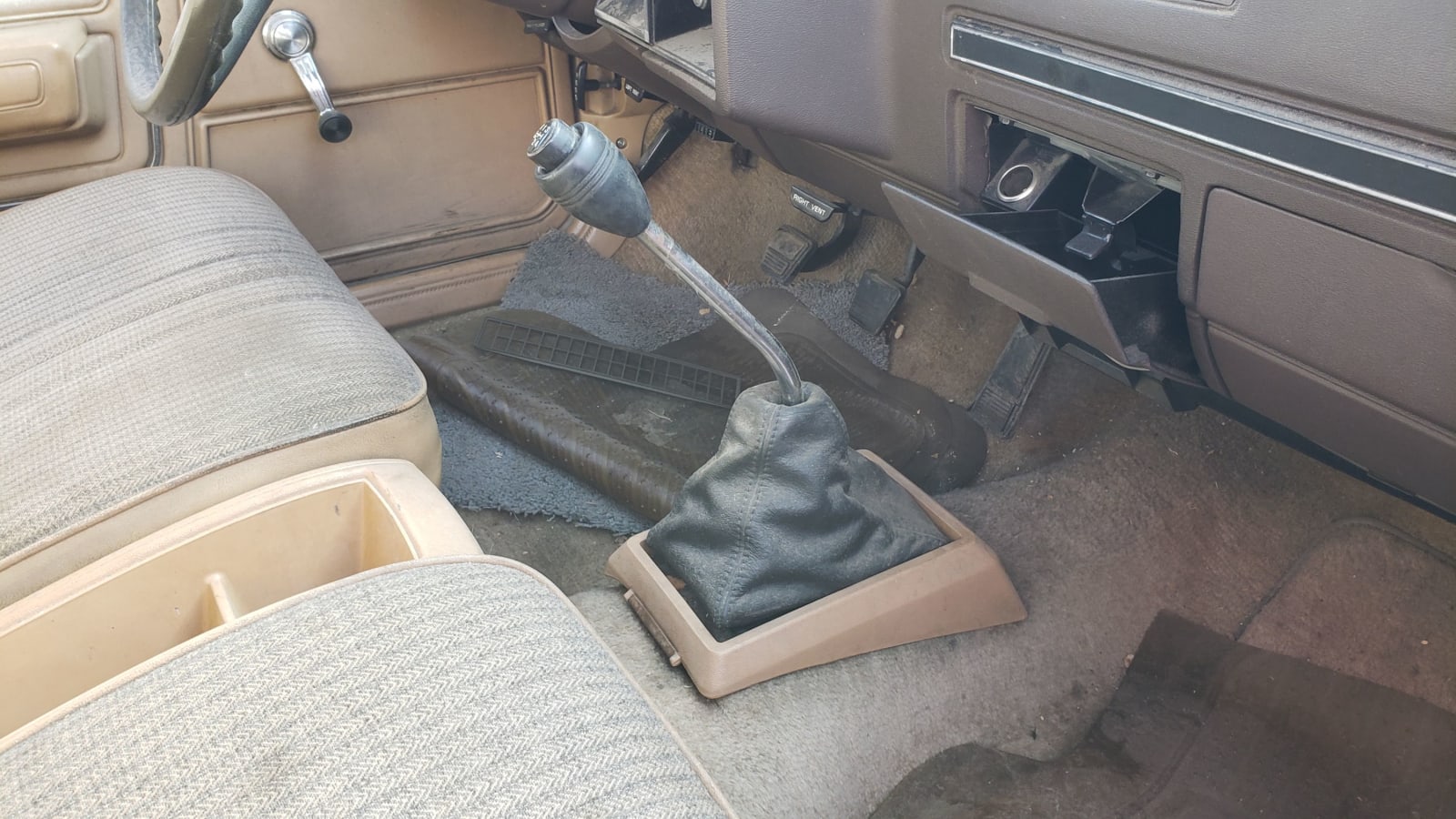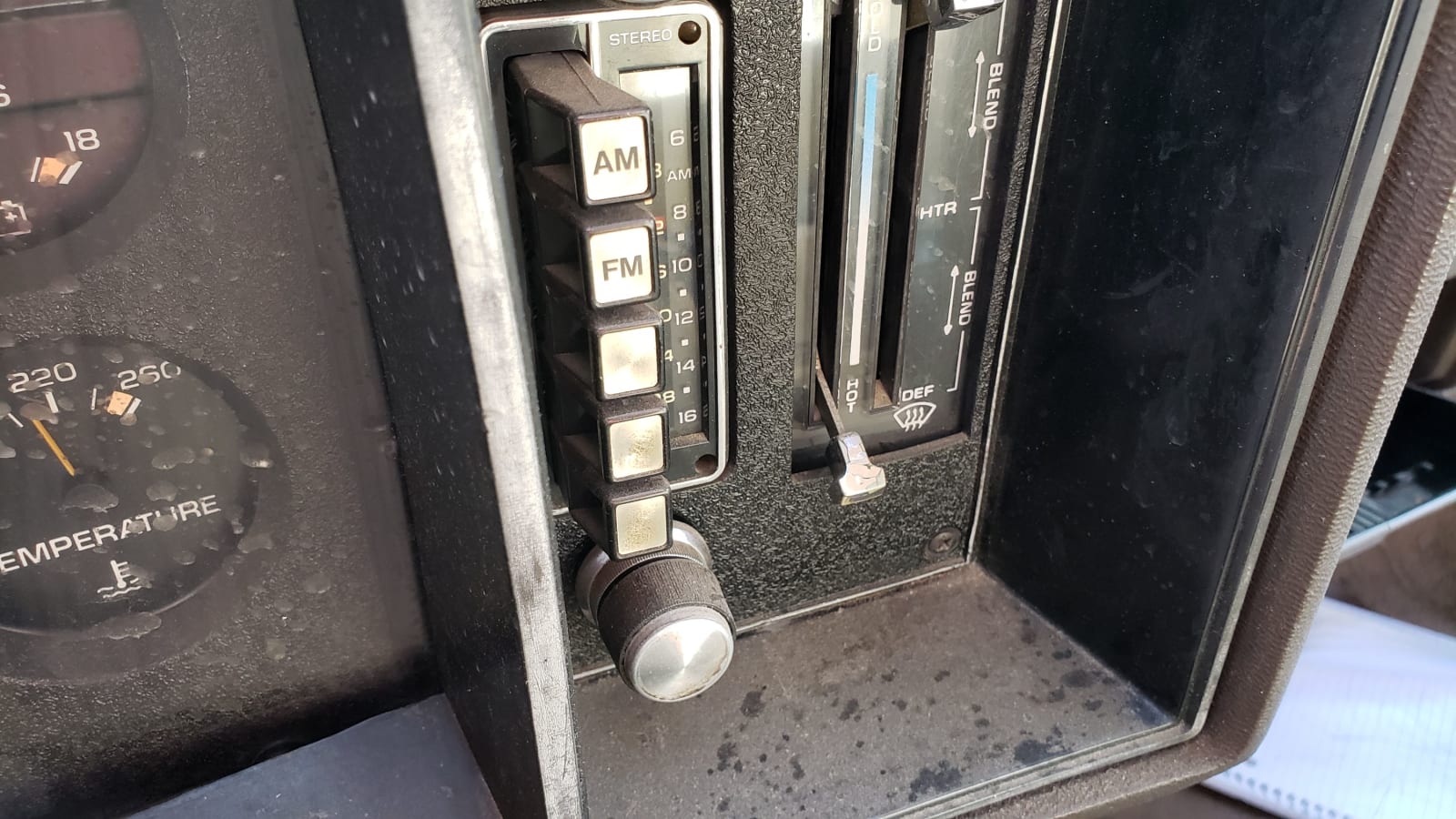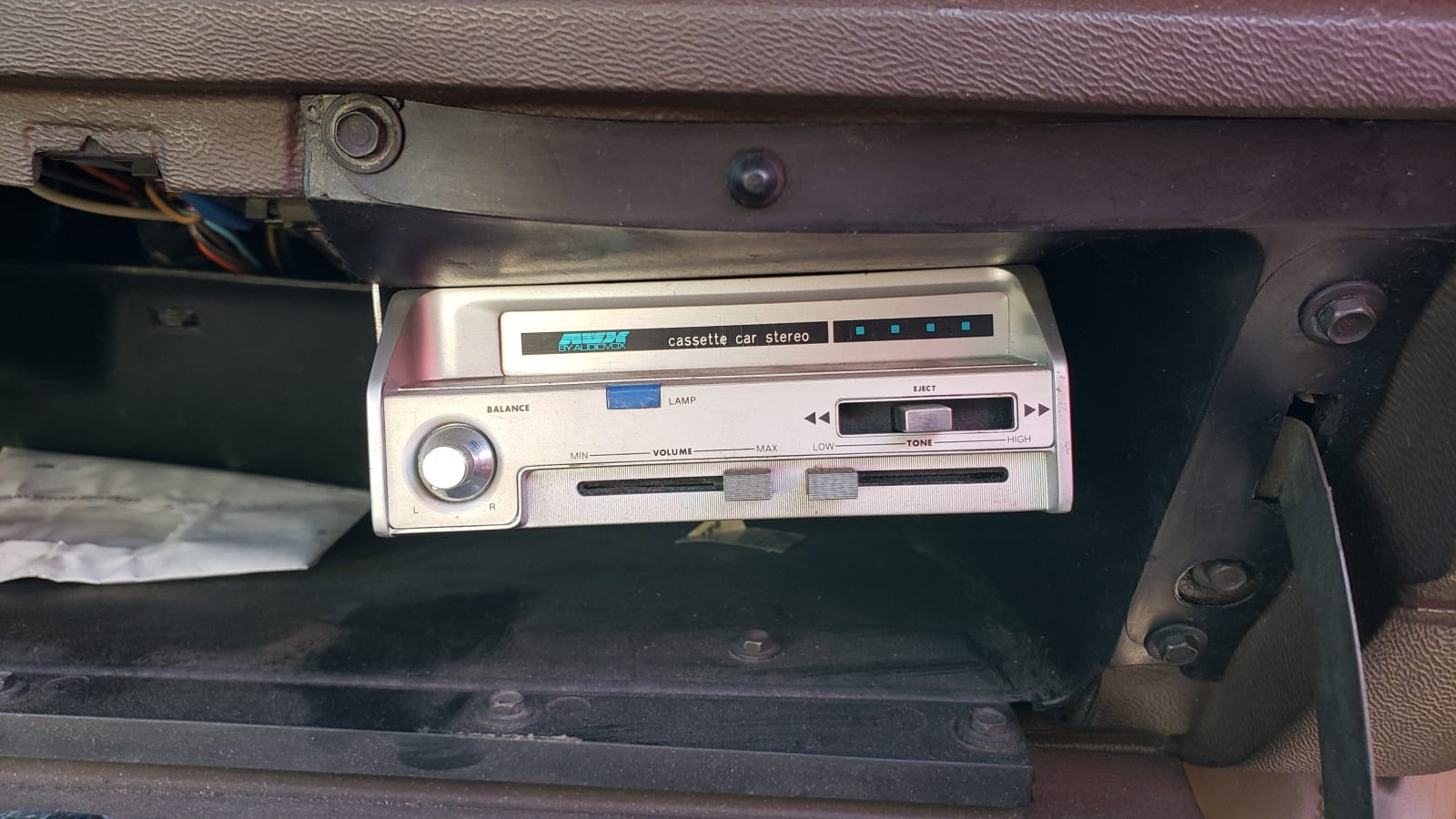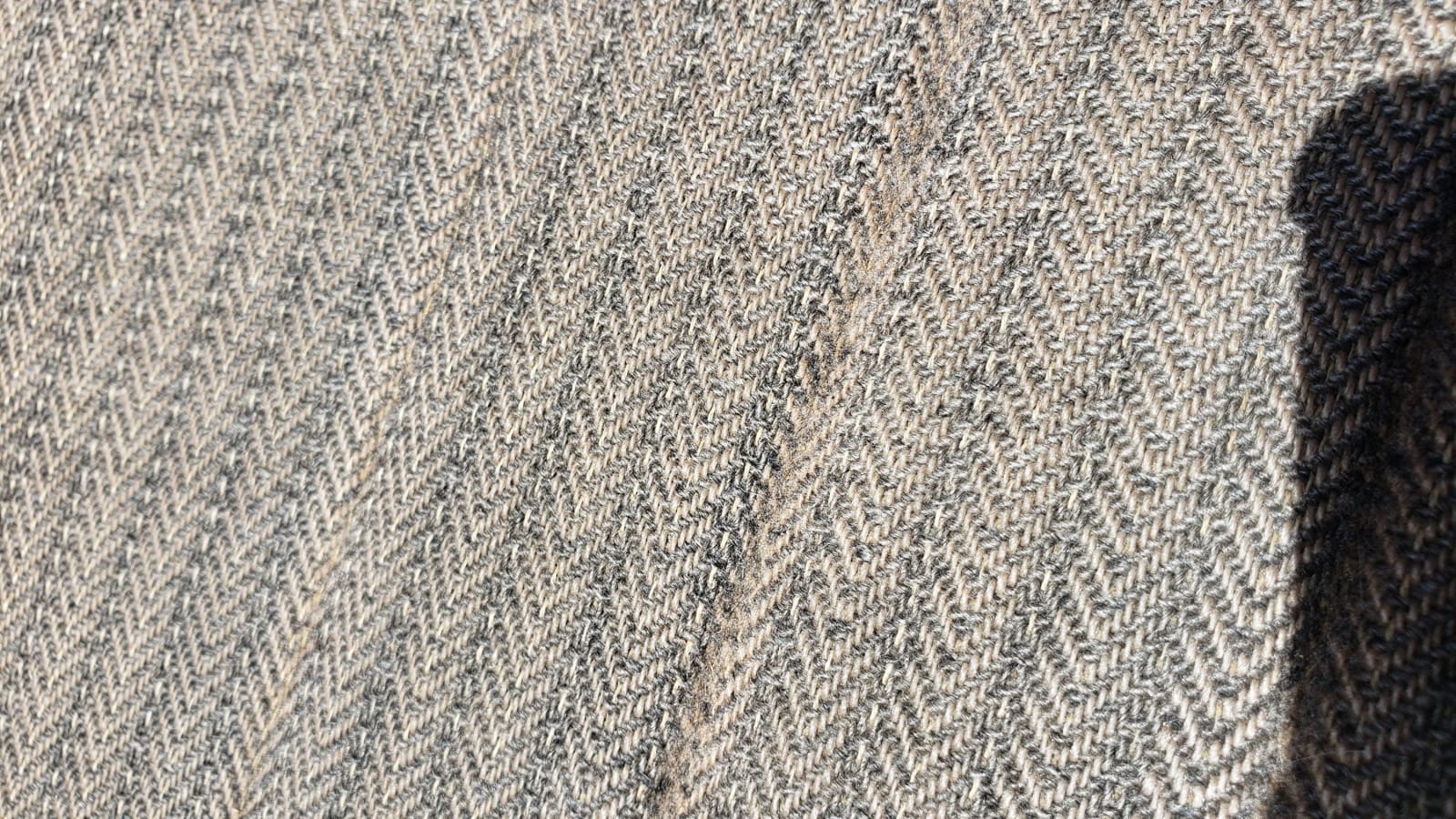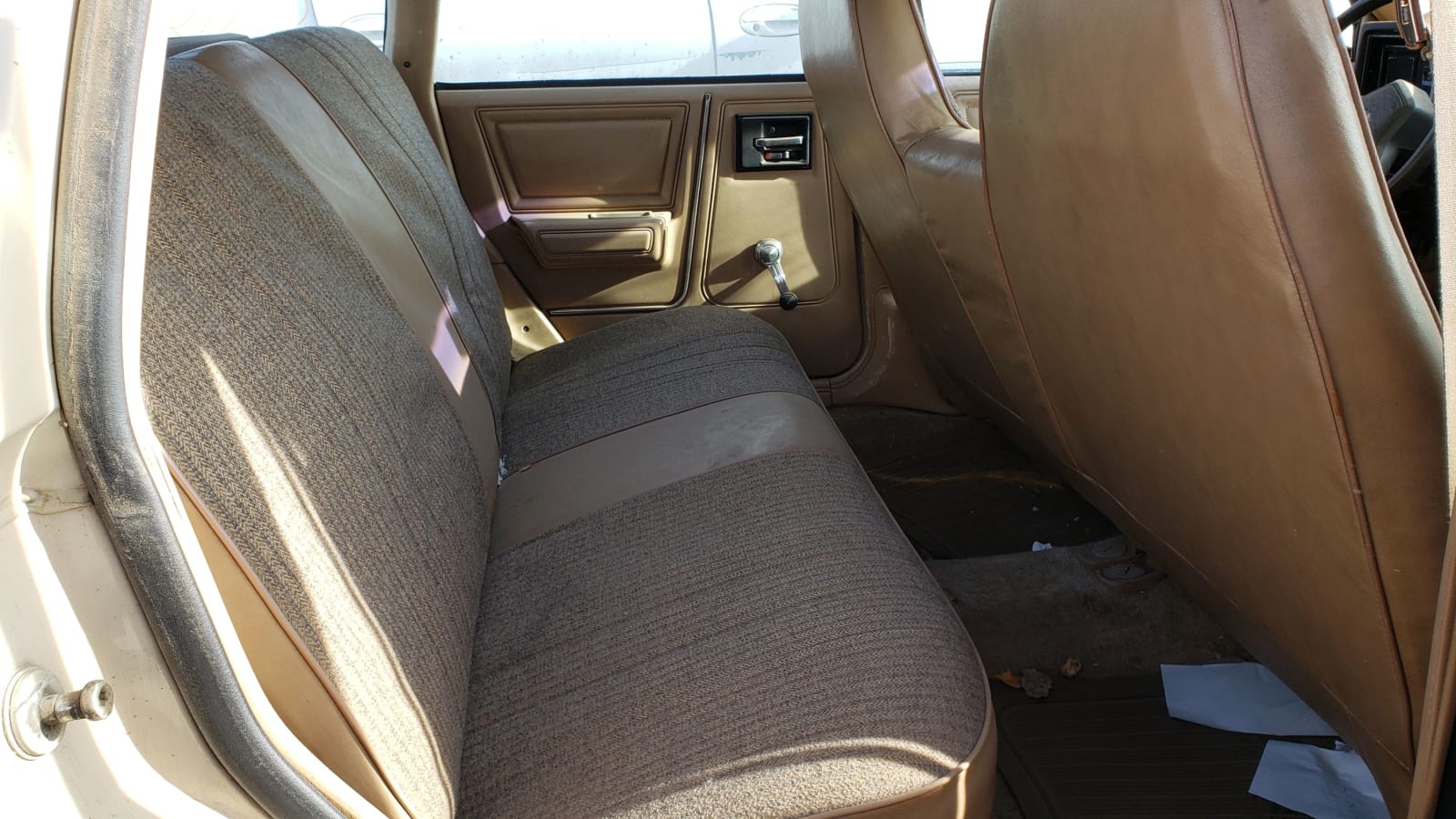The interior-space-increasing, weight-saving advantages of front-wheel-drive had become impossible to ignore by the car-building world by the middle 1970s, and so General Motors made the decision to replace the aging rear-wheel-drive Chevy Nova with a roomy, economical family car using a brand-new chassis. This ended up being the Chevrolet Citation (and its Oldsmobile Omega, Pontiac Phoenix, and Buick Skylark siblings), introduced to the world in 1979 as a 1980 model. While better than 1.6 million Citations were sold, you’ll have a hard time finding one today; today’s Junkyard Gem is the only (non-X11) 1980-1985 GM X-Body I’ve ever seen with both the optional V6 engine and the base four-on-the-floor manual transmission.
On paper, the Citation looked like just the car to put GM back on top of the world, giving Ford and Chrysler a beating about the kidneys with a tire iron while repelling those pesky Japanese and European invaders. It offered fuel economy, interior space, and ride comfort far superior to that of the 1960s-vintage Nova it replaced, while looking like a genuine slab of Detroit iron. On top of that, the ’80 Citation cost just a few hundred more dollars than the ’79 Nova and far less than cramped import front-drivers such as the VW Rabbit and Datsun 310. This car should have been the biggest General Motors hit since the ’55 Chevy.

I happen to know a bit about this car’s history. It was one of more than 250 vintage vehicles (including 38 classic Mustangs) auctioned off near Denver last fall, and quite a few winning bids were placed by LKQ Pick Your Part. A salvageable ’66 Mustang coupe went for $540, and this Citation got the auctioneer’s hammer at an even 500 bucks.
It’s pretty rusty (by Front Range Colorado standards) in the usual spots, so it was unlikely that any Citation restorers would have wanted to rescue it. They seek coupes and X-11s, anyway.
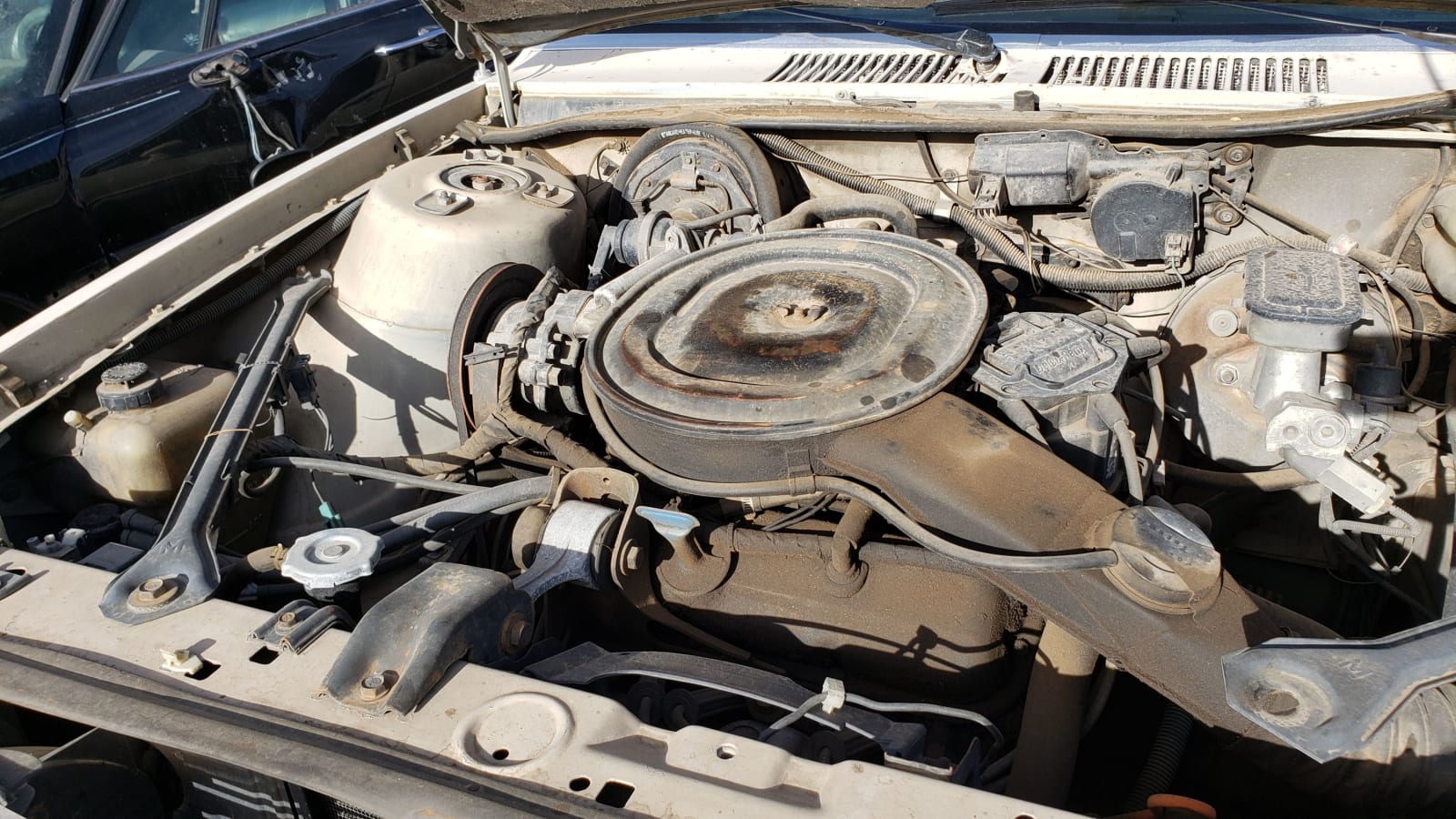
Nearly every Citation buyer who opted for the big engine also paid the additional $349 ($1,140 now) for the three-speed automatic, but this one has the base four-speed manual. Americans could buy new cars with four-on-the-floor stick shifts all the way through 1996 and a three-speed manual was still available on new Malibus and Camaros in 1981 … but this was still considered a fairly outdated transmission by the dawn of the 1980s. No five-speed manual was ever offered from the factory on a Citation.
Even most buyers of late-1970s Novas got the automatic with a split-bench seat, but this car’s cabin was old-school by 1981 standards.
It lacks air conditioning, but it does sport the nice Delco AM/FM stereo radio with its unusual vertical orientation. This was a $100 option, which comes to about $325 after inflation.
It was a nightmare to get an aftermarket radio in that vertical dash slot, plus thieves targeted cassette players with great efficiency during the 1980s. That’s why this car’s owner installed an Audiovox cassette deck in the glovebox. I did the same with my 1968 Mercury Cyclone during the middle 1980s, but the radio still got ripped off.
The upholstery appears to be the “Sport Cloth” option in the color GM called Camel. This stuff is scratchy but long-wearing.
This rear seat would have been right at home in a 1961 Biscayne.
Excitation, yeah! Transportation, uh-huh! Recreation, yeah!
Citation’s Working Woman was a superhero in thick glasses who dropped everything to flirt with her suave office manager.
Related video:
Source: www.autoblog.com

